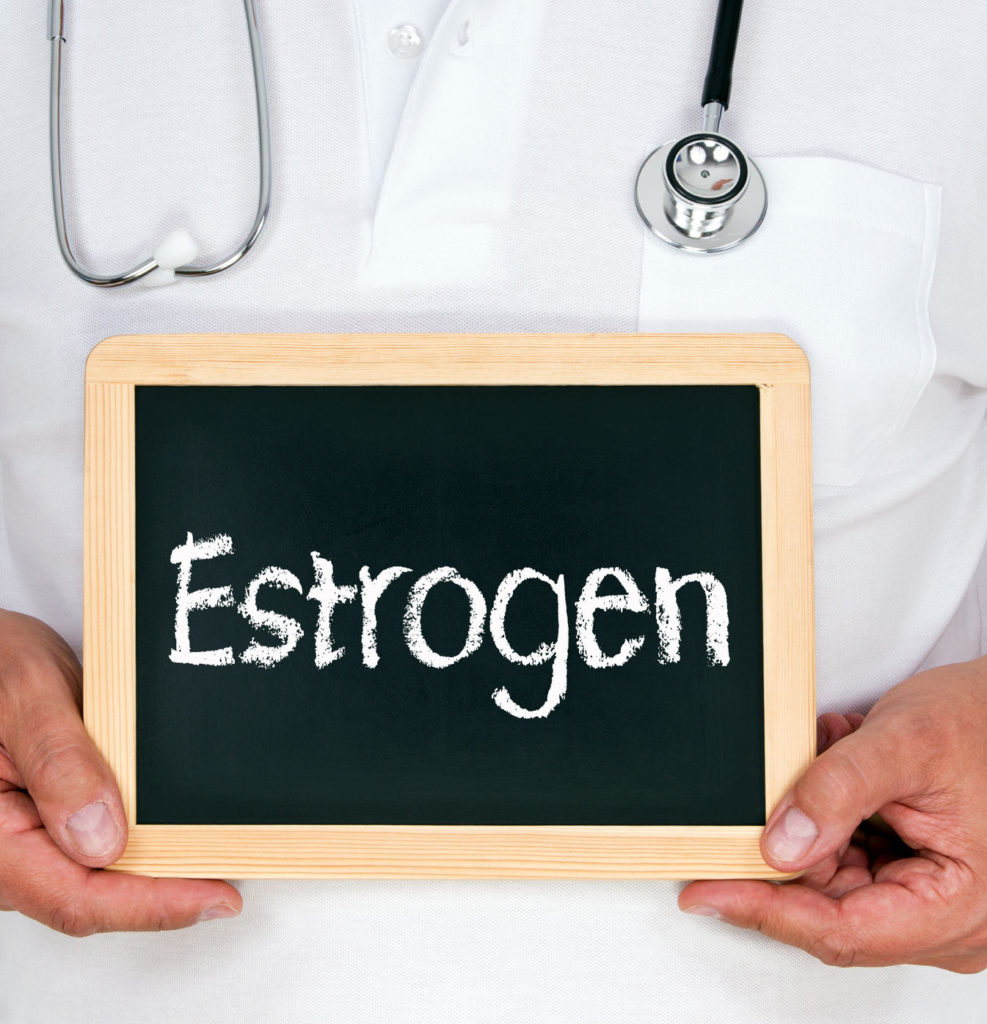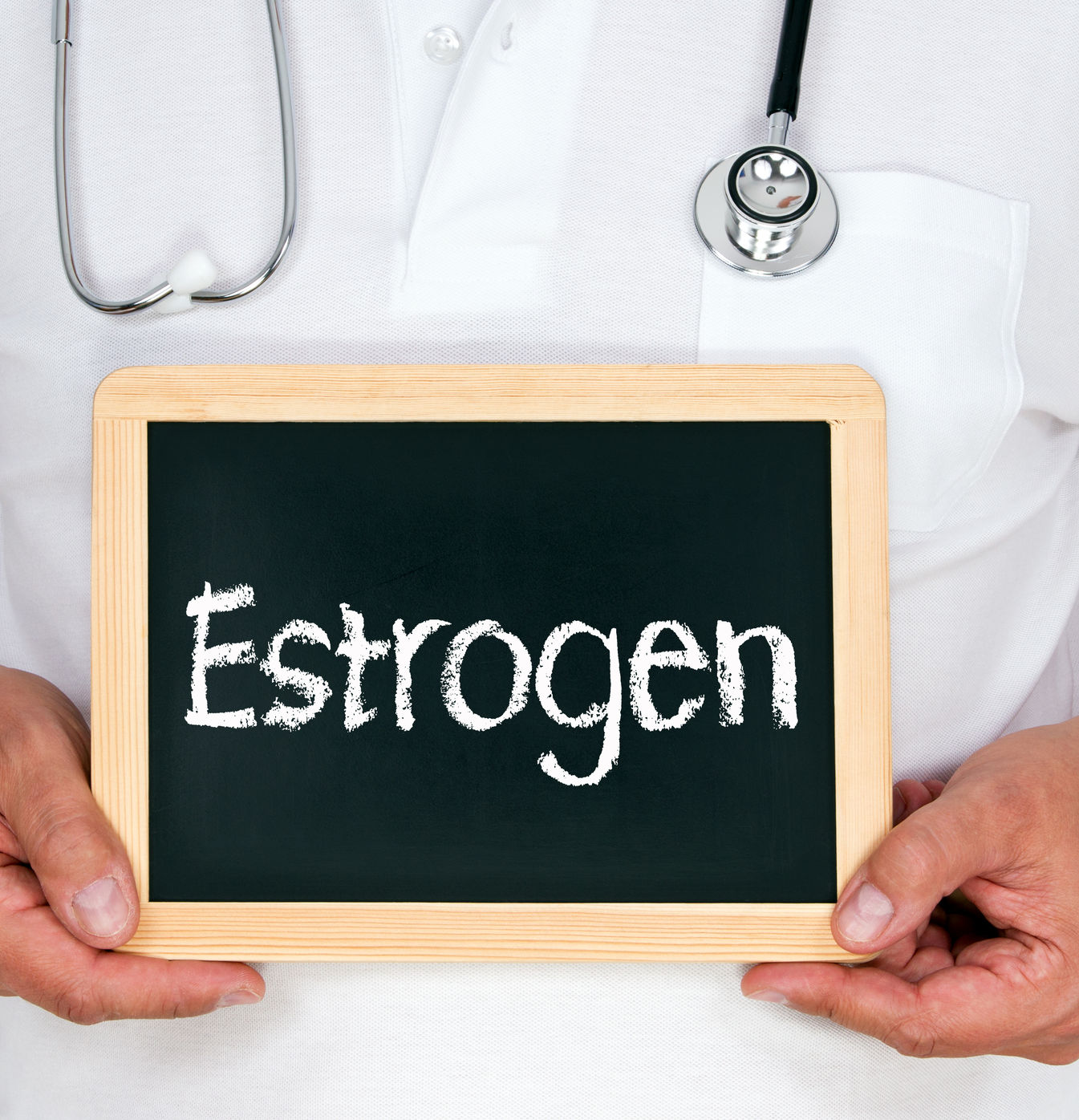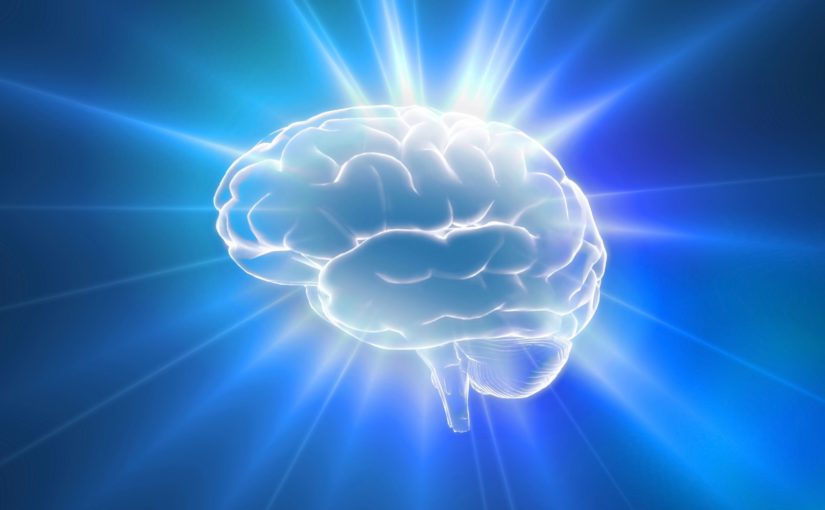
What Every Woman Should Know About The Good, The Bad, and The Ugly Estrogens
Posted October 1st, 2020
 “The ‘facts’ that most women and clinicians consider in making the decision to use or not to use hormone replacement therapy are frequently wrong or incorrectly applied,” says Professor Robert D. Langer, one of the principle investigators for the Women’s Health Initiative (WHI) Study. (1)
“The ‘facts’ that most women and clinicians consider in making the decision to use or not to use hormone replacement therapy are frequently wrong or incorrectly applied,” says Professor Robert D. Langer, one of the principle investigators for the Women’s Health Initiative (WHI) Study. (1)
For instance, have you or your doctor considered balancing the Estrone levels and, more importantly, their inflammatory and carcinogenic forms?
When Charlotte P. came to The Renewal Point, she was “frustrated and scared.” At only 55 years-old, with three children, she felt like she was falling apart. “Every day is a chore,” she lamented. She also shared a familial history of breast cancer. Her younger sister was a breast cancer survivor (BRCA Negative). She, herself, had been diagnosed with thyroid cancer several years before. After menopause she was placed on bioidentical hormones, an estrogen patch and natural progesterone, by her OB-Gyn but felt they were of no help.
I could truly empathize. Although Charlotte made healthy lifestyle choices (Paleo Diet, organic meats, fish and vegetables, exercise, swim, jog, golf, and bike) she was not enjoying the benefits of her good living. She ached all over with fibromyalgia and arthritis and suffered active viral loads which caused persistent weakness and fatigue.
Blood tests revealed an alarming problem but one that gave a clue to her maladies. Her Estradiol and Testosterone levels (good hormones) were low while her Estrone level (bad hormone) was sky high ~ the exact wrong balance.
Further, an Estrogen Metabolism Study demonstrated that Charlotte was not detoxifying her 4(OH)-Estrone, giving her the worst case scenario of hormone imbalances. This particular hormone metabolite is known to be highly inflammatory and a precursor for 4(OH)-Quinone, a known carcinogen. (2, 3)
Estrogen Overview:
Good: 2(OH)-Estrone
Bad: 16(OH)-Estrone
Ugly: 4(OH)-Estrone
While it is well documented that “natural” bioidentical hormones are much safer than their chemical or “synthetic” counterparts, what is less well known is that healthy metabolism of estrone requires that they are transformed by the liver and eliminated from the body in the urinary and biliary tracts. Many times during this detoxification process, a genetic error of metabolism can change good hormones into carcinogens and inflammatory intermediaries. These problems increase the risk for inflammatory conditions such as breast cancer, fibromyalgia and arthritis.
In Charlotte’s case, we went right to work. By ‘tweaking’ her bioidentical hormones, we were better able to balance her Estrogen, Progesterone, and Testosterone levels. At the same time, taking advantage of a natural means of supplements and vitamins, a process known as Nutrigenomics, we were able to lessen her risk of breast cancer, and the symptoms of Fibromyalgia and Arthritis. As she described, “After all these years, I finally have my life back.”
Charlotte was further advised to suggest her sister run an Estrogen Metabolism Study on herself, as this test can be used to prevent breast cancer recurrence.
She called me recently, thanking us for educating her about good and bad estrogens. “By the way,” she said, “My sister was Positive for the same metabolic error and is well on her way to recovery as well!”
With over 25 years experience in hormone balancing, a Post-doctoral Certification in Metabolic Endocrinology, and a Fellowship in Anti-Aging, Regenerative, and Functional Medicine, Dr. Watts has put together a hormone balancing program that has helped thousands of patients. If you have any of the issues that were talked about or listed in this article, we recommend that you schedule an appointment ~ we can help! To schedule an appointment, ask questions, and/or get more information, you can call us at 941-926-4905 or email us at info@therenewalpoint.com.
References:
- R.D. Langer. The evidence base for Hormone Replacement Therapy (HRT): what can we believe? Climacteric, 2017; 20 (2): 91 DOI: 10.1080/13697137.2017.1280251.
- Lord RS, Bongiovanni B, Bralley JA: Estrogen metabolism and the diet-cancer connection: Rationale for assessing the ratio of urinary hydroxylated estrogen metabolites. Altern Med Rev 7:112-129, 2002.
- Kabat GC, O’leary ES, Gammon MD, et al: Estrogen metabolism and breast cancer. Epidemiology 17:80-88, 2006.




